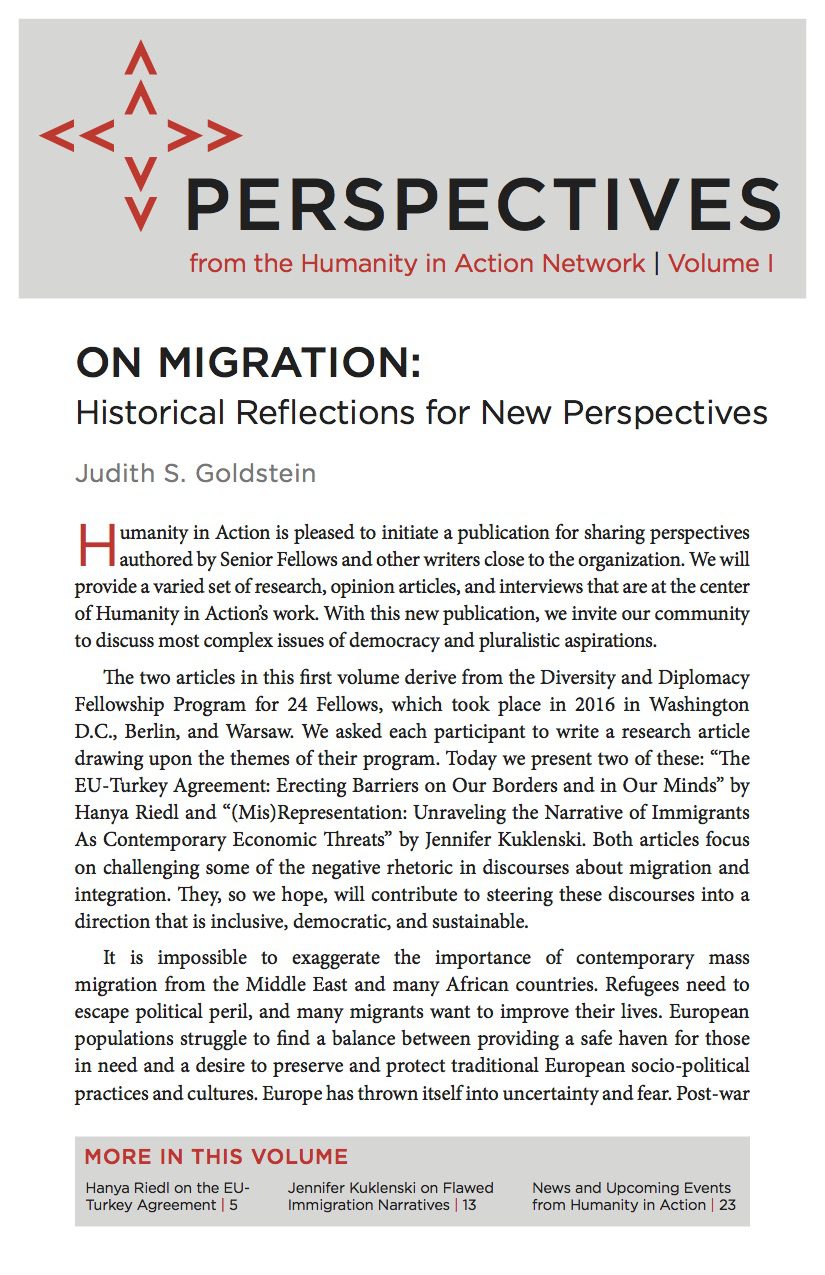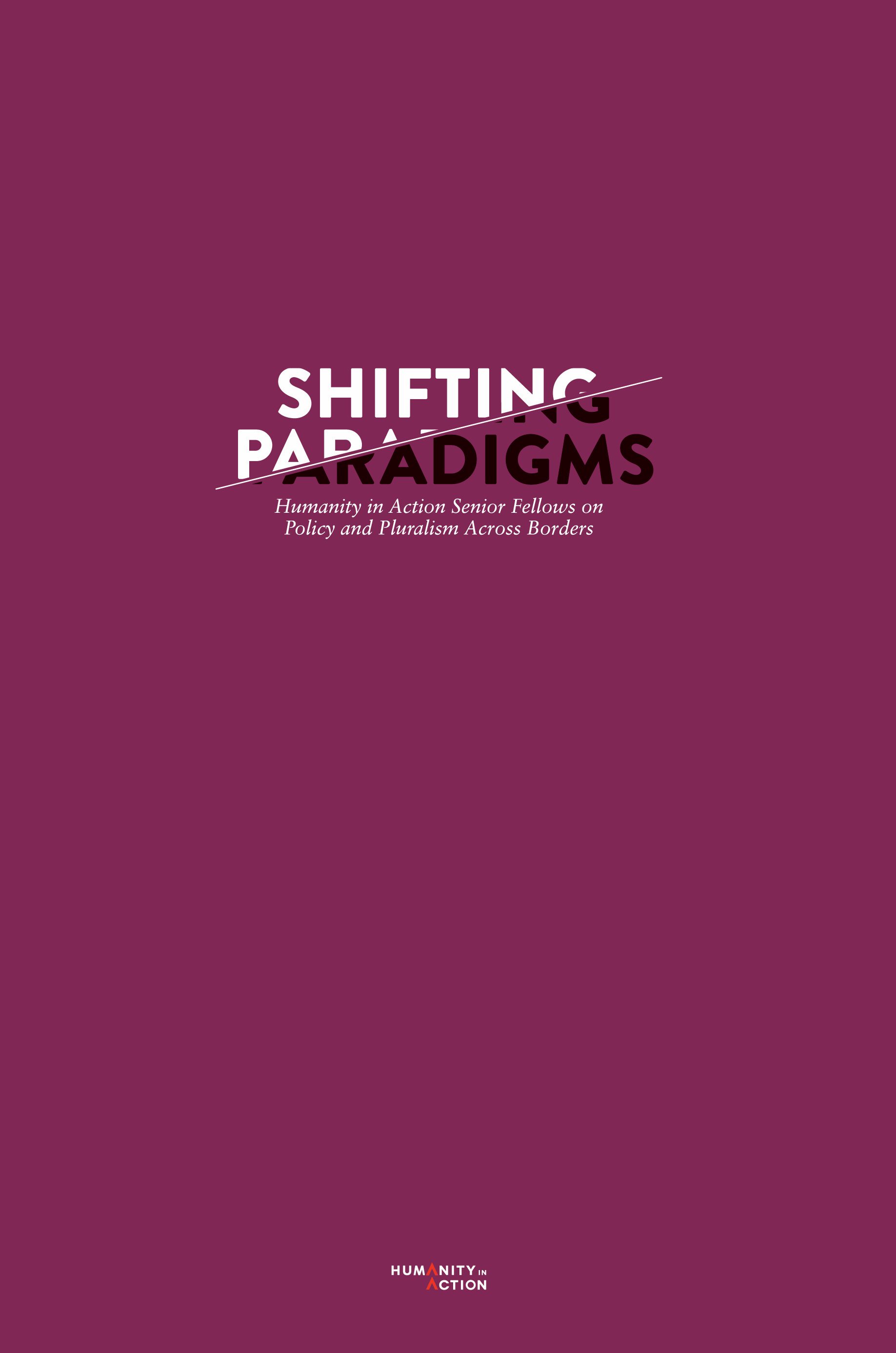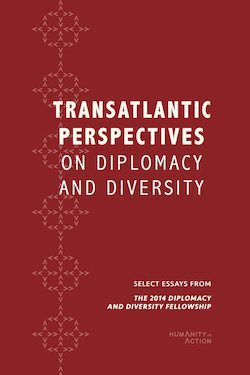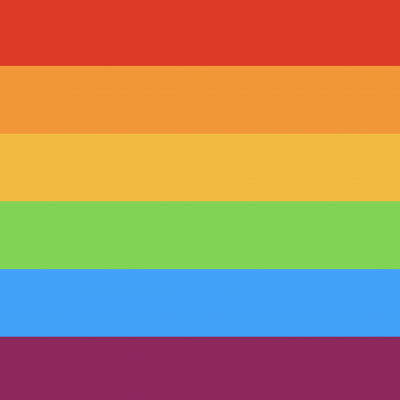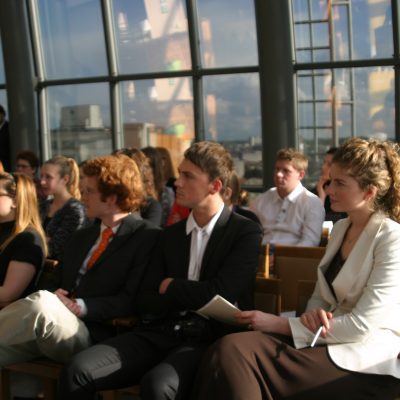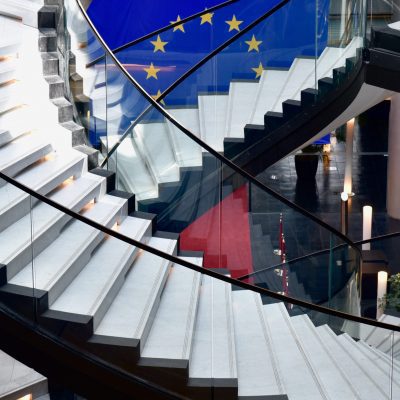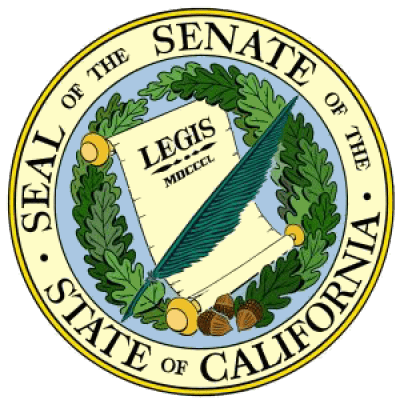24 American and European Fellows explored how European and US governments and societies are responding to a wide range of international and national diversity issues. The increased awareness around the importance of changing demographics in diplomacy and other international fields. It encouraged the careers of professionals from minority backgrounds in foreign affairs.


The program took place in 2014, 2015 and 2016 across Athens, Berlin, Paris, The Hague, Warsaw and Washington DC.
Transnational Diversity Issues Facing American and European Societies
In France and the United States, Fellows engaged in an intense and demanding series of high-level discussions and site visits to examine how diversity issues intersect with a broad range of international fields such as national security, business and finance, immigration, development, technology, human rights, public health and climate policy.
Discussion and research topics for the 2014 Diplomacy and Diversity Fellowship included humanitarian intervention, the impact of the ongoing economic crisis on minorities (starting in 2008), EU and US migration and border policies, Roma issues in Europe, new media and “digital diplomacy,” women’s issues, human trafficking, global LBGTQ+ rights and the effect of climate change on vulnerable communities.
The Fellows met with diplomats and experts to analyze diplomatic case studies relating to ethnic, religious, and identity-based conflict.
Responding to New Dynamics in Foreign Affairs
As the Fellows analyzed international diversity issues, they also explored other types of diversity relating to issues and actors of influence in foreign affairs.
Diplomacy is no longer the sole domain of national governments and heads of state. CEOs, local governments, journalists, think tanks, NGOs, lobbyists and online activists increasingly play influential roles in international negotiations and initiatives.

The widening range of diplomatic issues addressed in Brussels, Paris, Washington, DC and beyond reflect the influence of expanding individual and group perspectives as well as the increasing ethnic, national, religious and political diversity and mobility of European and US societies. Advanced by these groups and individuals, newer international concerns, such as climate change, global health, privacy and technology are appearing with greater frequency at the top of diplomatic, advocacy and business agendas.
Humanity in Action believes that this diversification of players in international relations and the interests they pursue creates the need for leaders from diverse backgrounds who are able to approach global challenges in innovative ways. The Humanity in Action Diplomacy and Diversity Fellows come from diverse backgrounds and have the knowledge, creativity and ability to collaborate across borders and sectors in changing international communities.
Publications
Discover the Fellowship
Download
Program Booklets & Applicant Demographics
-
2016 Program Schedule
-
2016 Applicant Demographics
-
2015 Program Schedule
-
2015 Applicant Demographics
-
2014 Program Schedule
-
2014 Applicant Demographics

